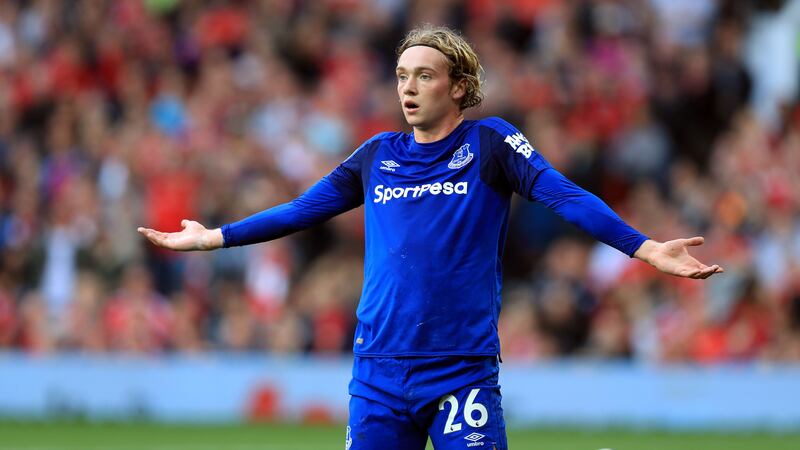Everybody who plays Fantasy Premier League knows how many points their goalkeeper gets for a clean sheet, and what their striker earns for a goal, but many haven’t the faintest idea how the game’s “bonus points” are calculated.
At the end of each game the three best performing players receive one, two or three additional bonus points for their efforts, but how are those players ranked?
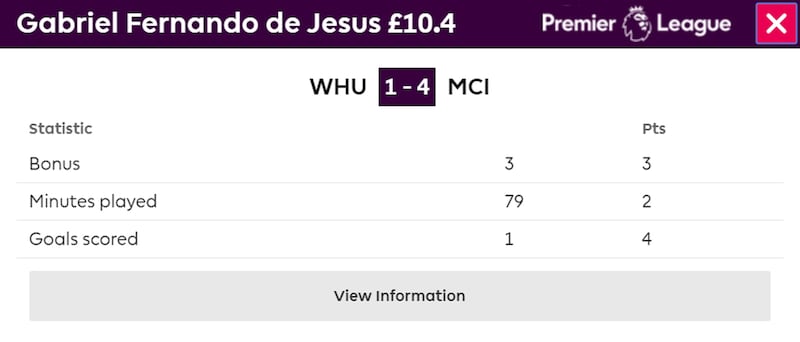
Well it all depends on each player’s performance score (officially know as bonus point score or BPS, but we’ve changed it for clarity) which is dependent on all the little things a player does in their time on the pitch.
For example, when Mohamed Salah scored four and assisted one in Liverpool’s 5-0 win over Watford, his performance score was 93, which earned him three bonus points as the best performer of the match.
The basics
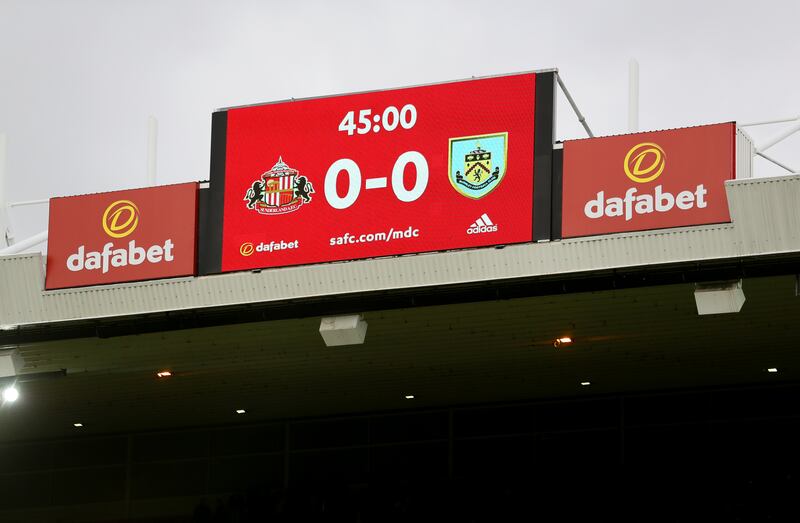
Yes, the performance score is made up of almost anything you can do within reason on a football pitch, including the very minutes you spend on it. An additional +3 goes towards your performance score for playing between one and 60 minutes, and +6 for playing more than that.
Goalkeepers
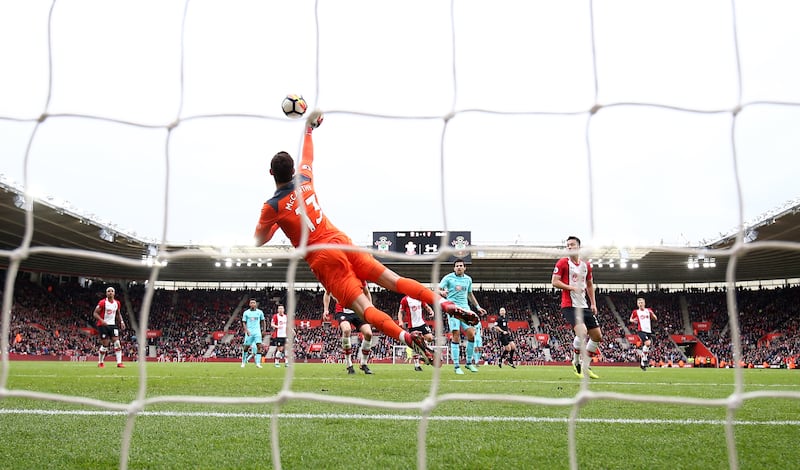
The goalies are definitely not left out when it comes to performance score, with numerous ways for them to score heavily in the bonus sphere. A save earns them +2, a clean sheet offers +12, but the big money is in saving a penalty, which earns +15 points.
Defence
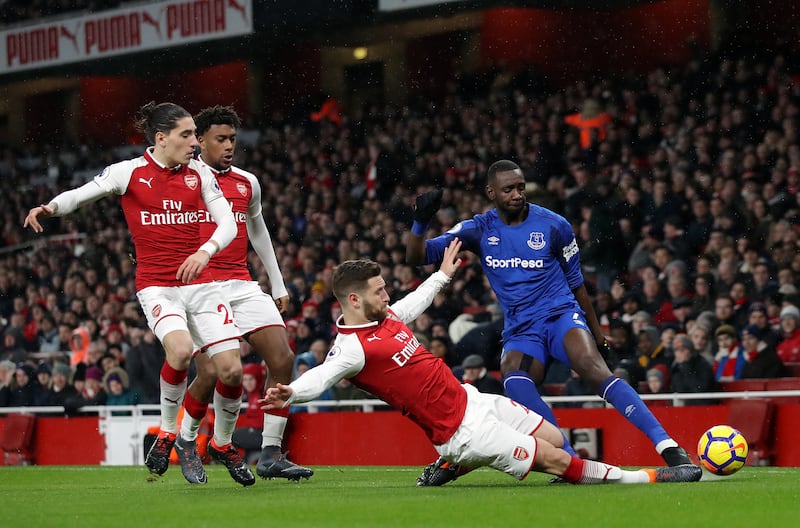
Defenders also receive +12 for a clean sheet, but they are also rewarded for their outfield efforts. Those at the back earn +1 for every two clearances, blocks or interceptions, +1 for every three recoveries, and +2 for every successful net tackle (tackles minus unsuccessful tackles).
Outfield

Meanwhile, those who keep the play ticking over can earn decent points for their pass completion. For a minimum of 30 passes, players receive +2 for a pass success rate of 70-79%, +4 for 80-89% and +6 for a pass completion rate of 90% or higher.
Goals

Goals are the main currency in fantasy football, but it’s more about who scores them, and when.
Defenders and goalies are rewarded with +12 for a goal, midfielders receive +18 and forwards get +24, and there’s a little bonus for scoring a winning goal too. A valuable +3 is added to a player’s performance score if they bag the game-deciding effort.
The negatives
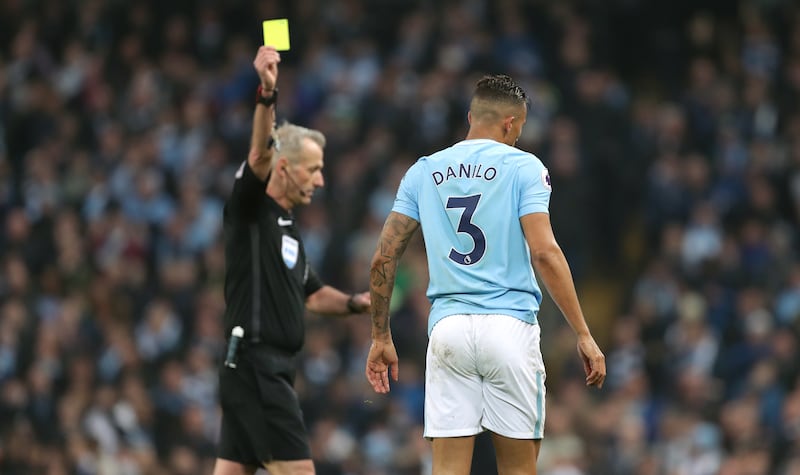
But it’s not all about accumulation. Certain actions on the pitch lead to points deducted.
Conceding a penalty is a -3 offence, while missing one is punished with -6. Yellow cards are also worth -3, red cards -9, while being caught offside will also see you penalised to the tune of -1.
The result
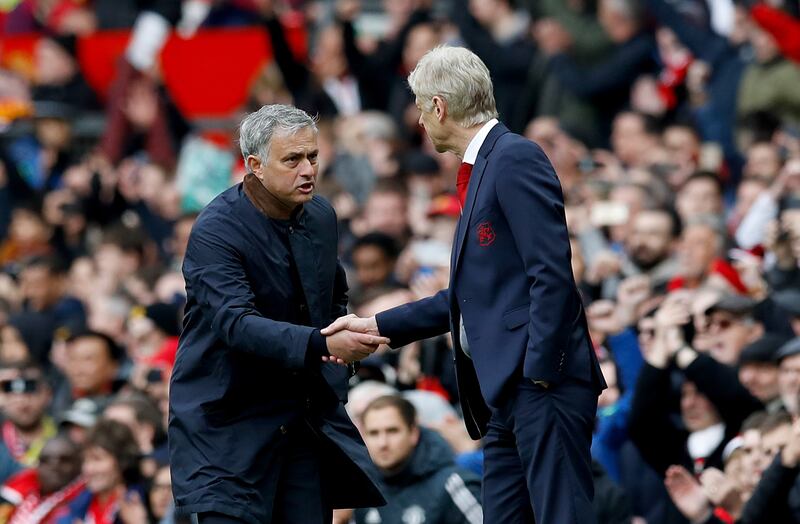
After all that, players are left with a performance score, and the three players with the highest totals receive three points, two points and one point respectively on top of their overall tally. Simple, really.
